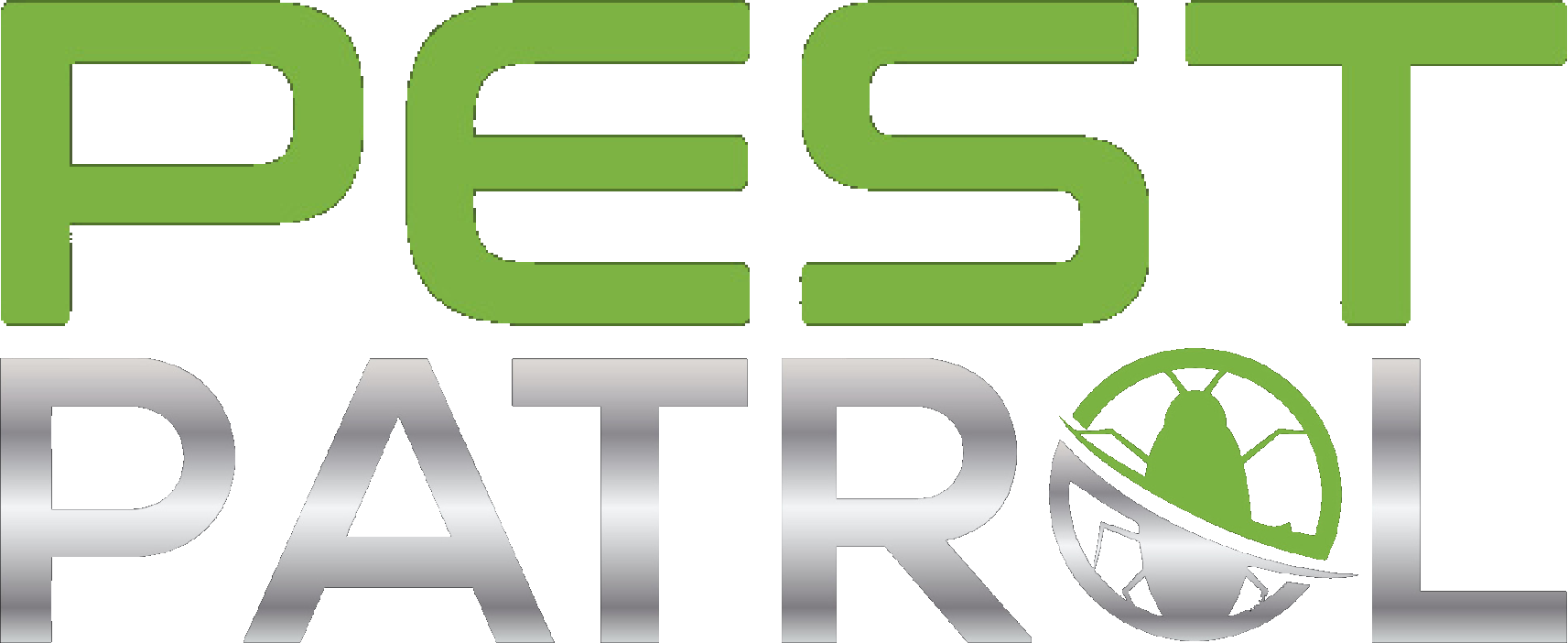Pest control is a critical concern for homeowners in Vancouver, Washington, where diverse ecosystems can lead to various pest problems. With a growing awareness of environmental issues, many residents are seeking eco-friendly pest control solutions that effectively manage infestations while minimizing harm to the environment. This article will delve into eco-friendly pest control methods, specifically addressing effective ant control strategies for your home, and provide actionable insights for residents looking to maintain a pest-free environment without compromising ecological integrity.
Understanding the Need for Eco-Friendly Pest Control
The increasing concern over the use of chemical pesticides has led many homeowners to seek alternative pest control methods. Traditional pest control methods often involve harsh chemicals that can pose risks not only to pests but also to humans, pets, and the surrounding environment. In Vancouver, Washington, where outdoor living and natural beauty are cherished, eco-friendly pest control practices have gained traction.
The Environmental Impact of Conventional Pest Control
Conventional pest control often relies on synthetic pesticides that can seep into the soil and waterways, affecting local wildlife and ecosystems. These chemicals can disrupt the balance of nature, leading to unintended consequences such as the decline of beneficial insect populations. Additionally, there is growing evidence that prolonged exposure to these substances can have adverse health effects on humans, particularly children and pets.
The Benefits of Eco-Friendly Pest Control
Eco-friendly pest control methods prioritize the use of natural, non-toxic substances that effectively manage pest populations while safeguarding the environment. Some of the benefits of adopting eco-friendly pest control practices include:
-
Reduced chemical exposure for humans and pets
-
Protection of beneficial insects and wildlife
-
Long-term pest management solutions that target the root cause of infestations
-
Compliance with local regulations promoting sustainable practices
By opting for eco-friendly pest control in Vancouver, homeowners can contribute to a healthier environment while effectively managing pest issues.
Effective Ant Control Strategies for Your Home

Ants are among the most common pests encountered in homes throughout Vancouver, Washington. While they may seem harmless, certain species can cause structural damage or contaminate food supplies. Implementing effective ant control strategies is crucial to keeping these pests at bay.
Identifying Common Ant Species
Before implementing control measures, it is essential to identify the specific ant species invading your home. The most common types of ants in Vancouver include:
-
Carpenter ants: Known for nesting in wood, which can lead to structural damage.
-
Odorous house ants: Characterized by a strong, unpleasant smell when crushed; they often invade kitchens.
-
Pavement ants: Commonly found outdoors, they can invade homes in search of food.
Understanding the behavior and nesting habits of these ants can significantly enhance your pest control efforts.
Natural Ant Control Methods
Here are several effective eco-friendly strategies for controlling ant populations in your home:
-
Maintain Cleanliness: Ants are attracted to food sources. Regularly clean surfaces, store food in airtight containers, and promptly address spills.
-
Seal Entry Points: Inspect your home for cracks and crevices where ants may enter. Seal these gaps with caulk or weather stripping to prevent access.
-
Use Natural Deterrents: Certain natural substances can deter ants. Consider using:
-
Vinegar: A mixture of equal parts vinegar and water can disrupt ant trails.
-
Essential oils: Peppermint, tea tree, and citrus oils can repel ants when sprayed in infested areas.
-
Diatomaceous earth: This natural powder can be sprinkled in areas where ants are active; it dehydrates and kills them upon contact.
-
-
Create Ant Baits: Combine sugar and borax to create a bait that attracts and kills ants. Place the bait near ant trails and allow ants to carry it back to their colony.
-
Introduce Natural Predators: Certain insects, such as spiders and predatory beetles, can help keep ant populations in check. Encouraging biodiversity in your garden can naturally reduce pest populations.
Common Mistakes to Avoid
While employing eco-friendly pest control methods, homeowners should be aware of common pitfalls:
-
Relying solely on natural remedies without addressing the root cause of the infestation.
-
Neglecting to monitor and adjust strategies based on observed ant activity.
-
Using excessive amounts of any substance, even natural ones, which can lead to unintended consequences.
By avoiding these mistakes, homeowners can enhance the effectiveness of their pest control efforts.
How Pest Patrol Can Help
When it comes to pest control in Vancouver, Washington, Pest Patrol stands out as a trusted partner for eco-friendly solutions. Our commitment to sustainable practices ensures that your pest problems are handled with care, protecting both your home and the environment.
Tailored Pest Control Solutions
Pest Patrol offers customized pest control plans that consider the specific needs of your home and the local ecosystem. Our team of experts will conduct a thorough inspection, identify pest issues, and recommend eco-friendly strategies tailored to your situation. Whether you’re dealing with ants, rodents, or other pests, we have the expertise to help you achieve lasting results.
Ongoing Support and Education
At Pest Patrol, we believe in empowering our clients with knowledge about pest prevention and management. We provide ongoing support and resources, including tips for maintaining a pest-free environment, understanding pest behavior, and recognizing early signs of infestations.
For more information about how Pest Patrol can help you maintain a pest-free home using eco-friendly methods, visit our website or contact us today. Together, we can create a safe and healthy living environment for you and your family while protecting the beautiful ecosystems of Vancouver, Washington.


